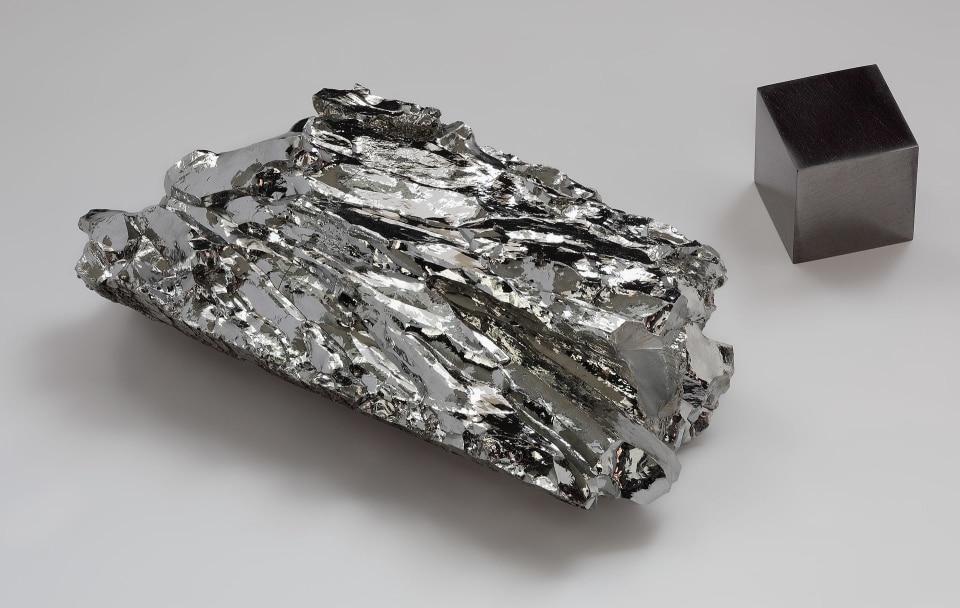Concept Metal: The ideal supplier for your pure copper needs
molybdenum is a metal with exceptional properties and widely used in many industrial fields. Given the variety of offerings on the market, it can be difficult to
find the supplier who will meet all your requirements. At
Concept Métal, we offer you a complete solution tailored to your needs in terms of product quality, technical expertise and advice.
Molybdenum: a metal with multiple benefits
Molybdenum is a chemical in the Periodic Table, group 6. It has many qualities, including:
- Very good corrosion resistance, making it a material of choice for applications with extreme conditions and/or high corrosion risks;
- Excellent thermal and electrical conductivity, suitable for many uses in electronics and aeronautics;
- Outstanding mechanical properties such as high hardness, high wear resistance, low coefficient of friction and dimensional stability under high temperature.
The use of molybdenum in industry
Because of these unusual characteristics (heat resistance, electrical conductivity), molybdenum is valued in many sectors such as:
- Iron and steel industry, in particular for the production of alloys resistant to corrosion, high temperatures and crucibles;
- Electronics, for the manufacture of electrical components or welding equipment.
- Heat treatment furnaces.
Proven expertise in molybdenum
With a long experience in the metal trade, Concept Métal stands out for its technical expertise as well as the quality of its products. The key elements on which our business relies are:
- A wide range of molybdenum grades to meet all needs;
- Detailed datasheets providing all the necessary information to the customer
Our offer of molybdenum-based products
At your molybdenum supplier we offer a wide selection of molybdenum products, including:
- Bars and plates machined to your specifications and tolerances, suitable for various industrial applications;
- Wires, tubes and fittings designed to satisfy a wide range of uses, such as the manufacture of electrical components or the realization of light structures;
- Specific alloys for demanding industries, such as those enriched in tungsten, which offer increased resistance to corrosion and high temperatures.
A personalized consulting service to better meet your expectations
At Concept Métal, we make it a point of honour to support our customers throughout their project. This is why we have developed a personalized consulting service, with the aim of:
- To assist the customer in selecting materials, taking into account the technical and economic constraints on him;
- Provide expert advice on machining to ensure maximum efficiency;
- Follow up throughout the process, from design to implementation of the product, to ensure an optimal result.
This way, you can be sure that your projects will be carried out in a professional manner and take into account the requirements of your sector.
Molybdenum: an ever-changing market
Because of its exceptional properties, it is not surprising that the molybdenum market continues to grow. New areas of application are regularly emerging, representing as many opportunities for our company. That’s why at Concept Métal, your molybdenum supplier, we are here to help you anticipate these changes and meet the challenges of tomorrow. Thanks to our technology watch, we are always informed of the latest molybdenum trends and innovations.
To sum up, Concept Métal is your ideal partner for all your molybdenum needs. Our quality products, technical expertise and personal advice are the difference in a competitive market. So don’t wait any longer and discover our offers today!








